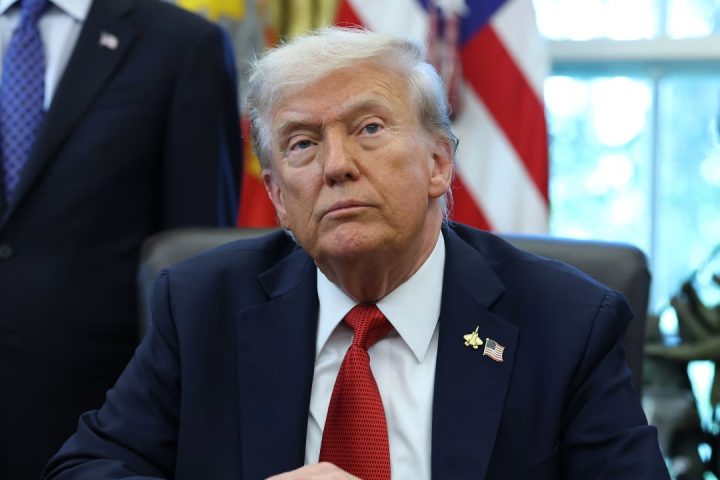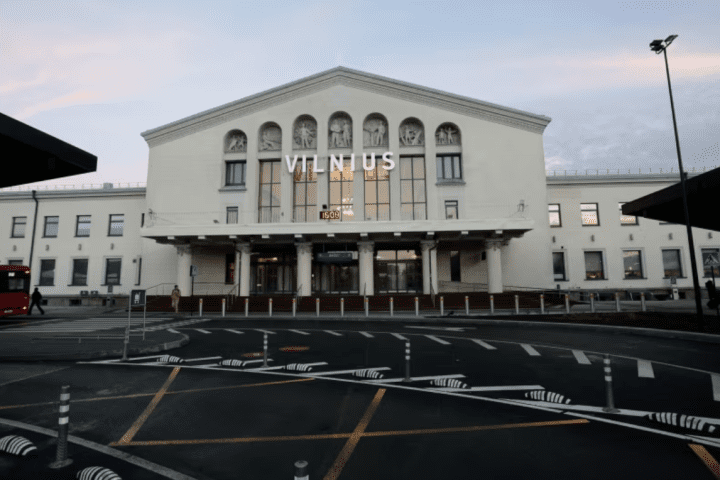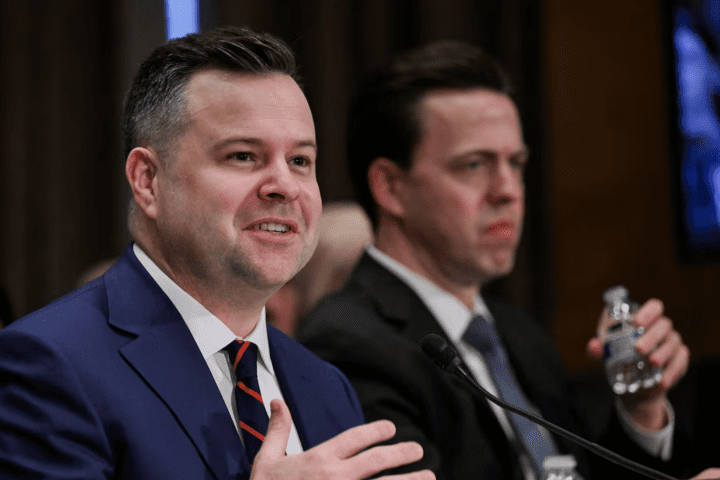EU Commissioner Marta Kos said Ukraine must strengthen the rule of law and fight corruption to advance towards membership, as the EU looks to overcome Viktor Orban’s resistance.
EU demands Ukraine make more reforms as Hungary holds up accession talks
EU officials visiting Ukraine have made it clear that Kyiv still has a long way to go to secure membership. At the same time, Brussels is looking for a way to overcome resistance from Hungary, which is blocking the next stage of talks, citing the rights of the Hungarian minority in Transcarpathia.
EU Enlargement Commissioner Marta Kos visited western Ukraine last week to ease tensions by meeting with representatives of the Hungarian community.
European integration as a symbol of hope
For Ukrainians, the prospect of joining the EU is a hope for stability and development, especially after the 2014 Revolution of Dignity.
The Russian war has made European integration even more attractive, but the EU warns: reforms are not complete.
“The EU cannot accept a new member that does not fully adhere to the rule of law,” Kos stressed in a comment to Reuters.
The European Commissioner called the current stage “the most difficult” when Ukraine needs to implement changes in areas from agriculture to the environment.
Brussels hints: we will bypass Orban
European leaders are signaling that they are ready to find a way forward even without Hungary’s consent.
Danish Prime Minister Mette Frederiksen, whose country currently holds the EU Council presidency, said:
“I will not allow one country, and especially Viktor Orban, to decide the future of all of Europe.”
However, changing the rules requires the support of all 27 states, so Brussels is considering the option of continuing technical cooperation with Ukraine without formally opening the negotiation clusters.
Rule of law is a key condition
The EU has made a clear emphasis on the independence of anti-corruption bodies.
A July attempt to give the prosecutor general more powers to control anti-corruption agencies has caused outrage even among allies.
“What happened on July 22 must not happen again,” Kos warned.
Ukraine quickly backed down under the pressure of protests, but Brussels expects guarantees that something like this will not happen again.
Long road to membership
European Commission President Ursula von der Leyen has previously said that Ukraine could join the EU by 2030 if the current pace of reforms is maintained. However, diplomats are cautiously skeptical.
Despite the war, the EU acknowledges Ukraine’s progress but stresses that the process will be long and demanding.
“The question is not whether Ukraine will join the EU, but how and when,” Kos concluded.
Public opinion in Europe
A Eurobarometer survey found that 52% of EU citizens support Ukraine’s accession, provided that all requirements are met.
In Sweden, support reaches 91%, while in France it is only 48% and in the Czech Republic it is 28%.
Kos noted that the EU has “the time and the responsibility” to work with countries where there are doubts.
“Let’s talk about it. Let’s understand what the concerns are and explain why Ukraine deserves to be in Europe,” she said.
Related: Ukraine War: Long-Term Impact on NATO Strategy and European Security Architecture
















